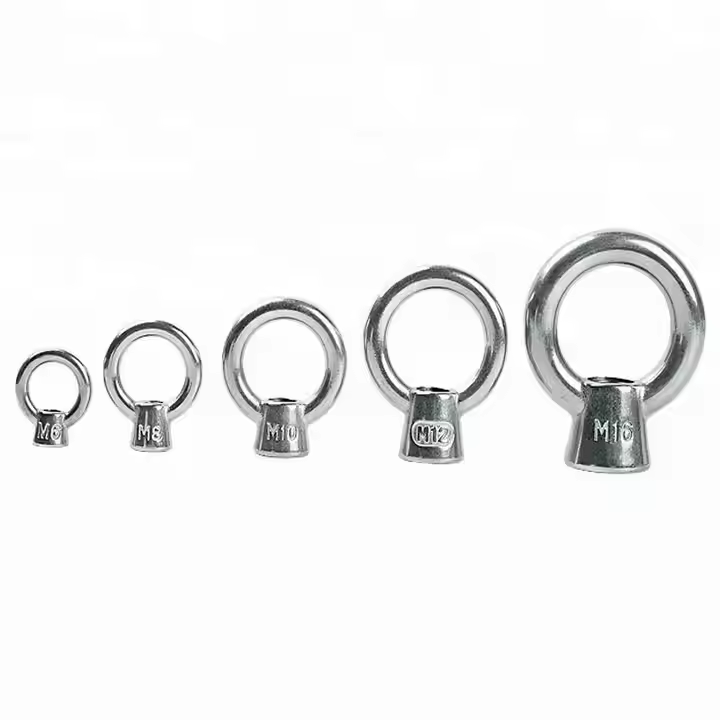

2025-04-14
This guide provides a detailed overview of fasteners, covering their types, applications, selection criteria, and industry trends. Learn about various fastener materials, strengths, and weaknesses to make informed decisions for your projects. We’ll explore everything from common fasteners to specialized solutions for diverse applications.

Mechanical fasteners are the most common type, relying on mechanical forces to hold materials together. This category includes a wide range of fasteners such as:
Adhesive fasteners use strong adhesives to bond materials together. This approach is often used for lighter-duty applications or where a more aesthetic finish is desired. Examples include:
Beyond mechanical and adhesive fasteners, other specialized types exist, each suited for specific applications. For example:
Selecting the appropriate fastener depends on several factors:

Fasteners are manufactured from various materials, each offering specific properties:
| Material | Properties | Applications |
|---|---|---|
| Steel | High strength, relatively inexpensive | General purpose, structural applications |
| Stainless Steel | Corrosion resistant, high strength | Outdoor applications, marine environments |
| Aluminum | Lightweight, corrosion resistant | Aerospace, automotive |
| Brass | Corrosion resistant, good machinability | Plumbing, electrical |
The fastener industry is constantly evolving, with trends focused on:
For high-quality fasteners and further information on sourcing, explore reputable suppliers like Hebei Muyi Import&Export Trading Co.,Ltd. They offer a wide selection of fasteners to meet various needs. Remember to always prioritize safety and select fasteners appropriate for your specific application.
1 Data on fastener materials sourced from industry publications and manufacturer websites. Specific references are available upon request.
Please enter your email address and we will reply to your email.